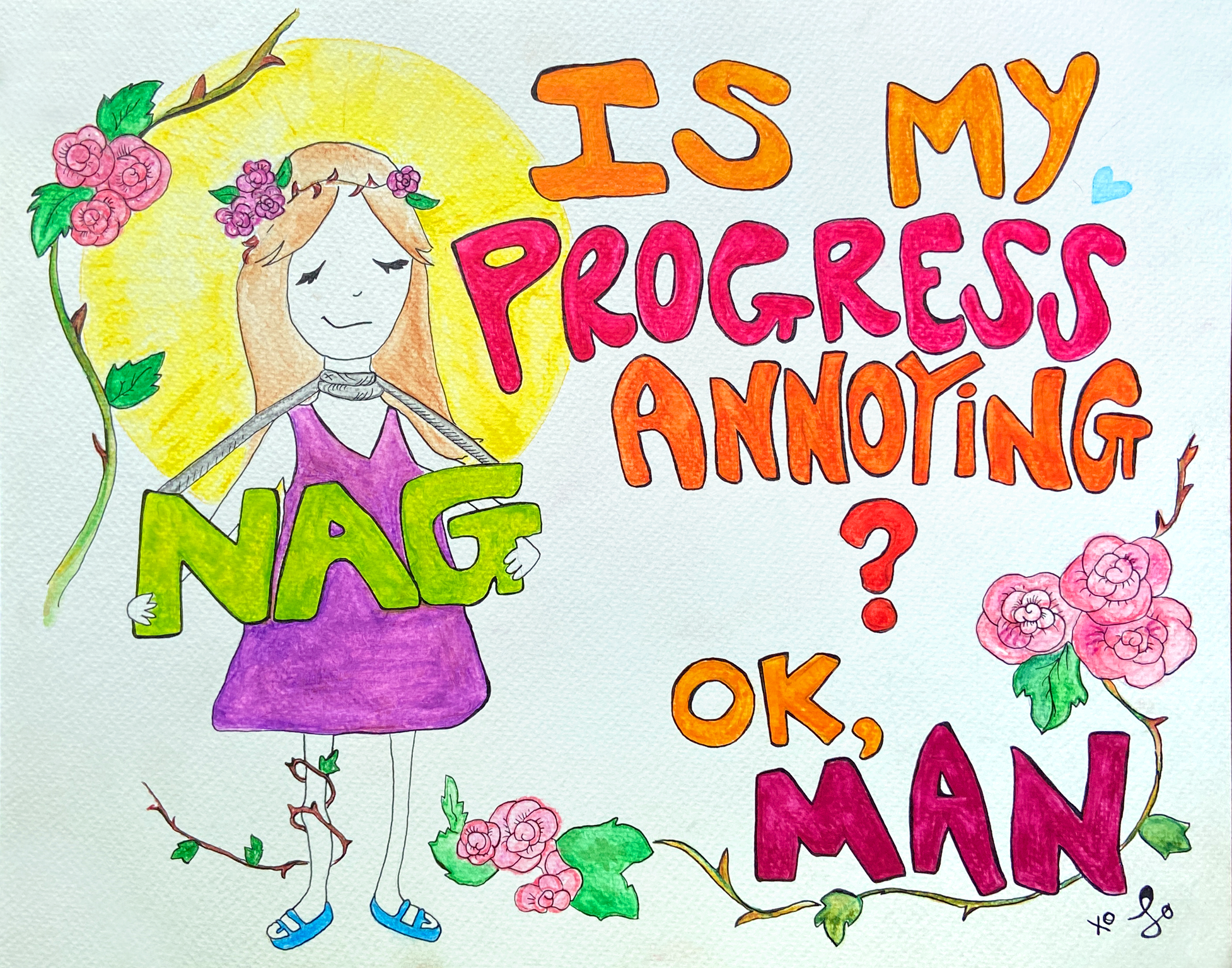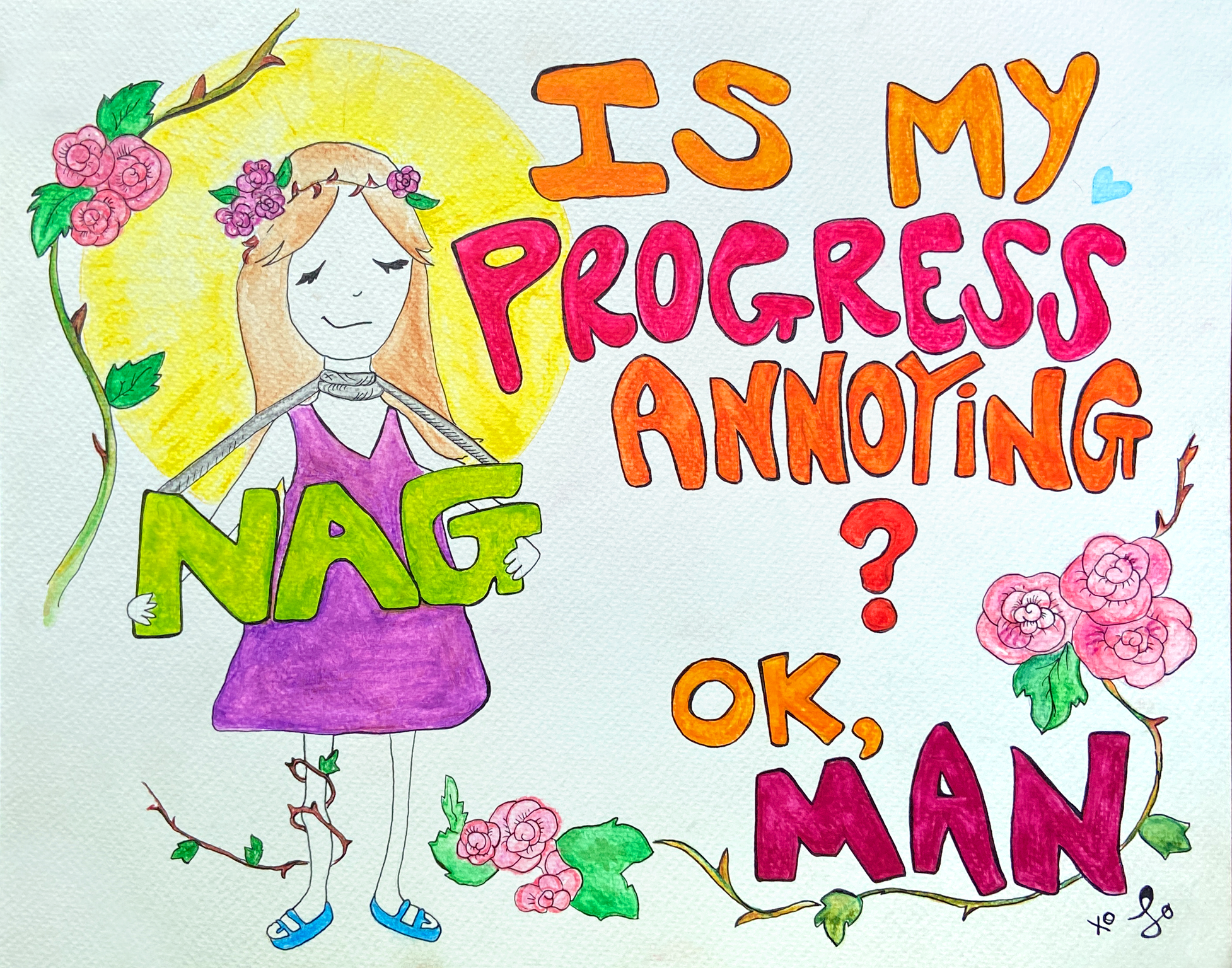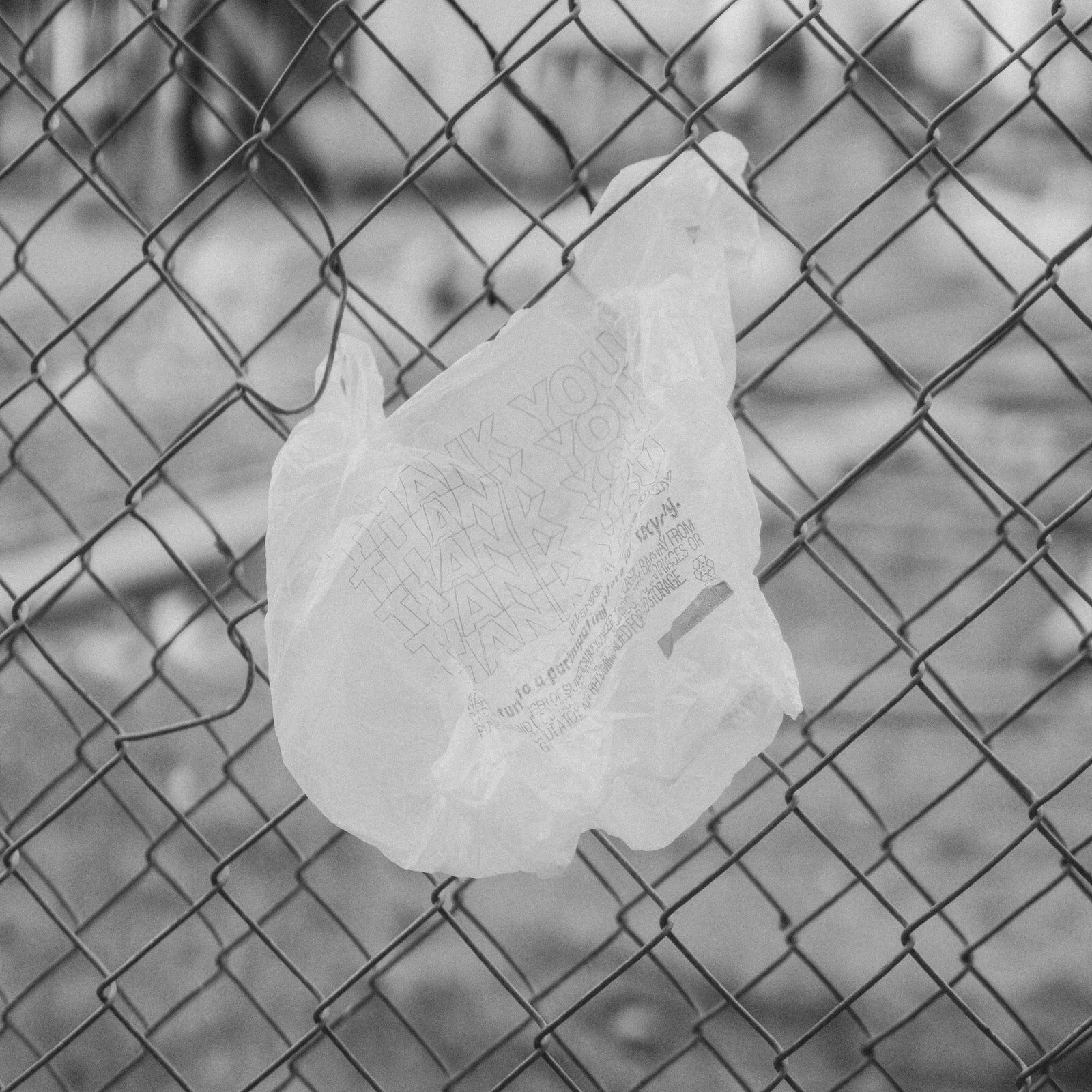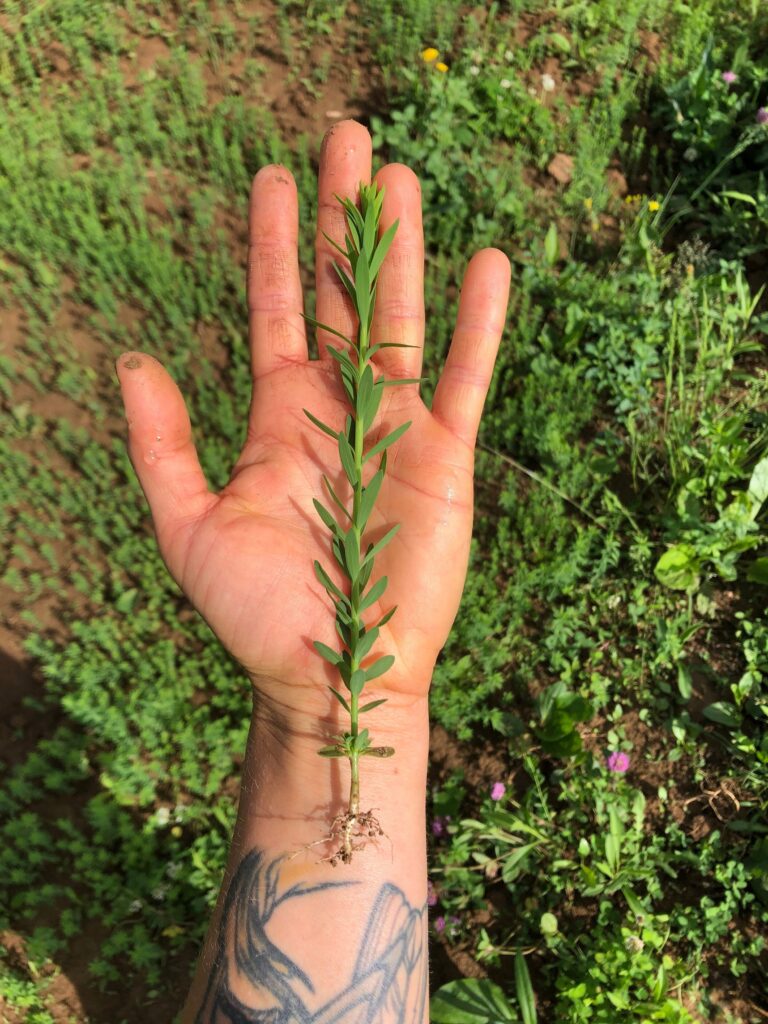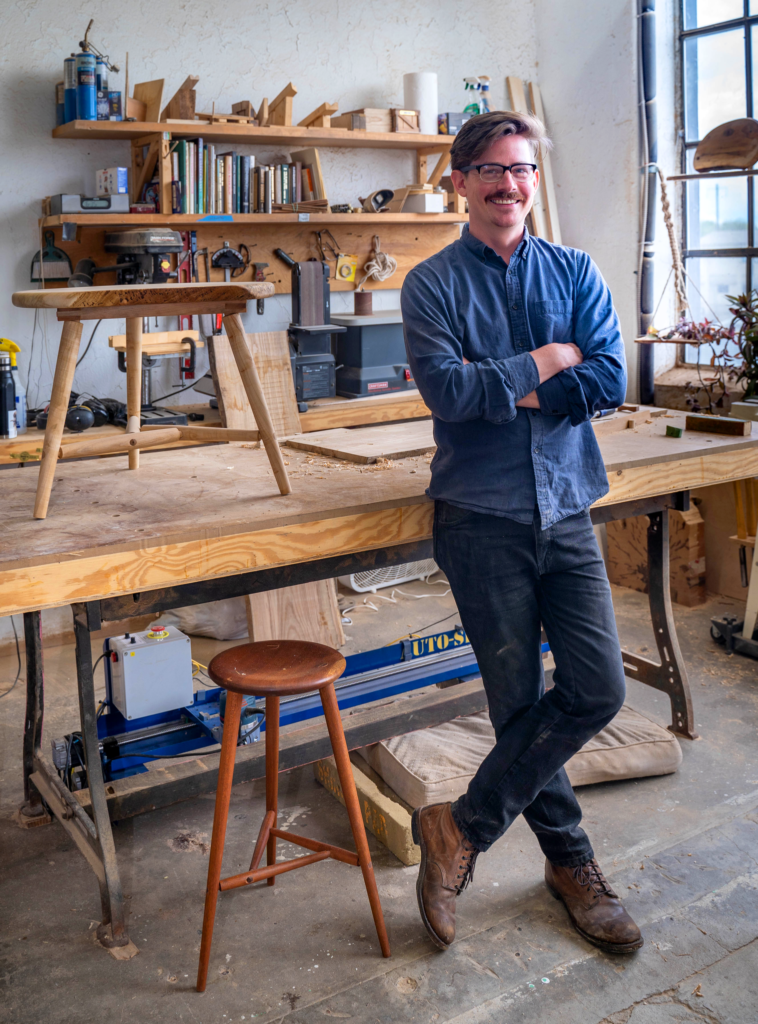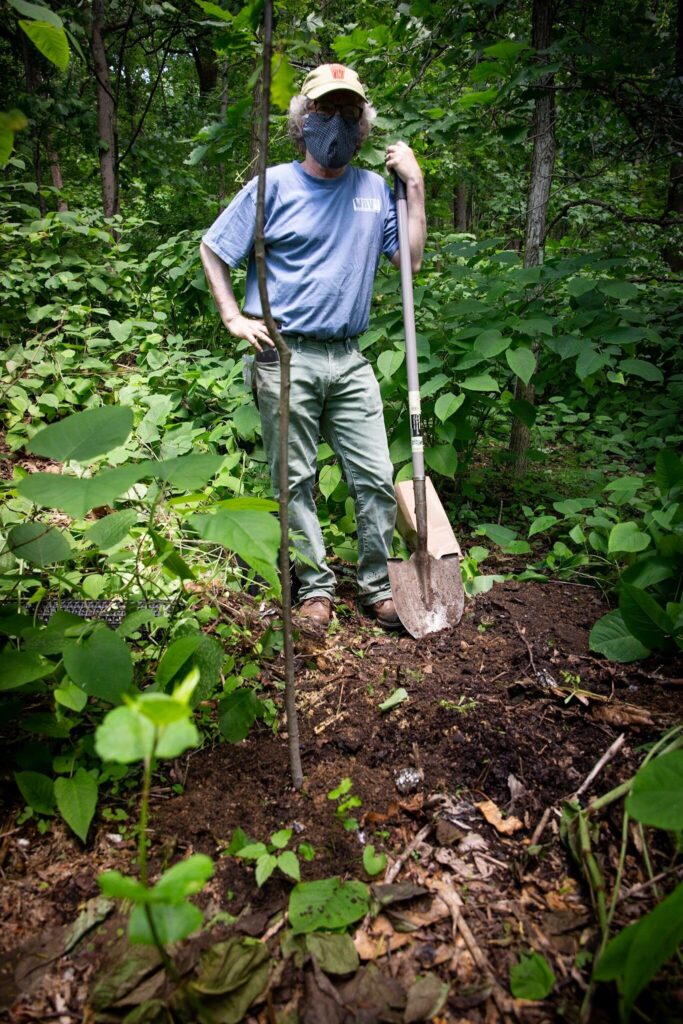In a rapidly changing world, the work of the home has been revealed for how challenging it is. Gender inequality in housework has also been exposed more than ever. Does it make any sense to say, through action or words: “Dear woman, you have been living under the global threat of the patriarchy from before you were born. You grew up learning how to clean and serve men. Now we are under the threat of a global health crisis and you know how to clean things better than I, so, will you keep doing it? I also don’t like being told what to do, so please clean and don’t complain about my behavior.”
Gender equality can and should be something that people talk about more openly during the pandemic. Partners, hopefully, are feeling more respected because their work is recognized. For some, learning how to clean will be their only ticket out of this pandemic with their partners still by their side.
For those who already consider themselves clean and organized, using cleaning as a coping mechanism seems to be helpful. There is a flip side to this. Because we care about the house being under control, we are confronted with the pressure to protect the overall health of the family by keeping things as normal and high functioning as possible.
I feel tempted to “womansplain” the importance of a clean home for our body, mind, and spirit, but I am going to assume that we are all on the same page. Everyone feels better when the house is tidy and clean, and if you disagree, you’re most likely unaware of how much people clean up after you.
I think a common misconception is that it is easy to be the person who has to address a gendered injustice. Women wear a sign (pulled rather tightly around the neck), that says “nag” every time we ask for equality in our domestic lives. I have been playing around loosening the rope and proudly using my voice to own the title. Nag, I resent the unfair term, but I will own my title until women’s true work is done.
It’s difficult and takes vulnerability to say, “I can’t do this on my own anymore. I can try to hold it all together, but I need some support. If you could pull your weight and have a little energy to spare, that would mean the world to me.” Why is this so confrontational and difficult to say? In contrast, it is so easy to learn how to clean.
Now, some might say, “Well, Lois, my wife complains all the time, it doesn’t seem hard for her to speak her mind.” Imagine what the nag is losing because she feels injustice. She is losing respect for not complying and love for not fitting in the mold of a predetermined unfair expectation that was placed on her. If it isn’t hard for her to speak up, it is hard for her to lose the love, friendship and camaraderie that she was hoping she might have and knows that she deserves.
When we do get the strength to speak up for ourselves, counting what we might lose, we are bombarded with negativity or viewed as controlling.
This is patriarchal gaslighting.
Being subjected to patriarchal gaslighting from the time of birth seems a lot harder than getting out the vacuum. When we put these things in perspective it is easier to refrain from being defensive about the inequality. When we can see something for what it is, we can control our anger and place it away from the person and onto the issue. I believe in the power of anger; I want to use it to liberate my husband from the patriarchal grip, not make him pay for it. If your partner respects you, he will understand this.
Everyone is experiencing some form of loss right now. Relationships are under an extraordinary amount of pressure.
An openness on our part to want to be there for our partners in a time when we need someone to be there for us too directly contributes to our healing. For instance, learning how to clean the kitchen well and changing negative domestic habits heals the way one might have exploited traditional female labor. Through learning the art of domesticity you respect the craft and ultimately evolve to be a higher functioning person who understands personal responsibility.
Meeting a need to help around the house goes deeper than appeasing the nag. The nag can see through disgruntled, frustrated energy. The nag wants to be on the same team. Having a good attitude will be the game-changer for the relationship.
Patriarchal gaslighting is unavoidable in even the most progressive relationships. It is woven into nearly every culture. It’s hard to be vulnerable, to change and admit where we have been wrong.
When we see each other hurting or struggling—no matter to what degree—we should make an effort to show up, listen and be a witness to the other’s pain. Healing energy is what we need right now.
No one can magically become a clean, thoughtful person overnight. No one can expect someone else to jump into our minds and understand how we are more than fair and perfectly reasonable. Although, we can express to our partners how they can be there for us during this time, and likewise, we can be there for our partners in ways where we will grow and evolve.
Try saying this to everyone you live with:
“How can I be there for you right now?” “You’re not alone and I want to show up for you.” “I’ve got your back.”
Now, become the best version of yourself.
Lois Volta is a home consultant, musician and founder of Volta Naturals. loisvolta.com. Send questions to thevoltaway@gmail.com


